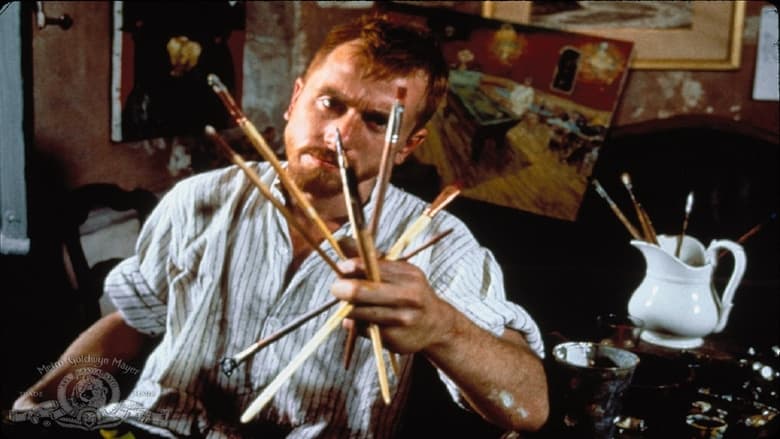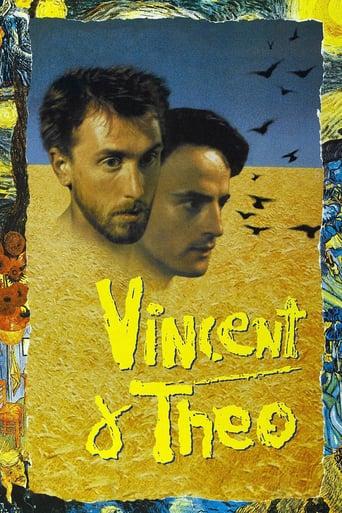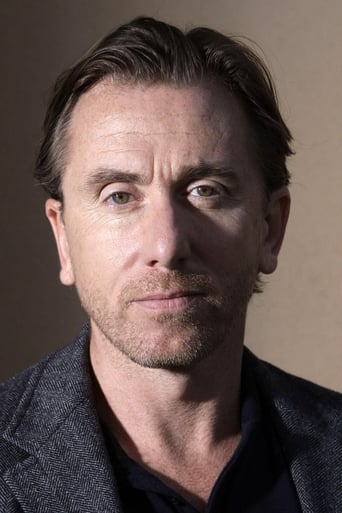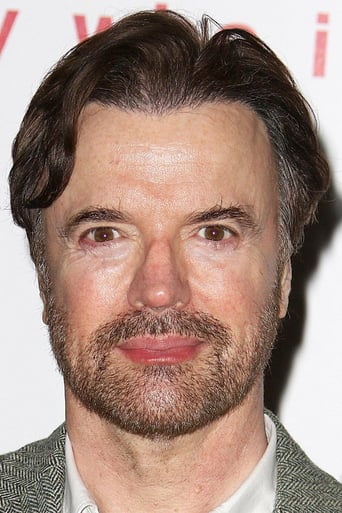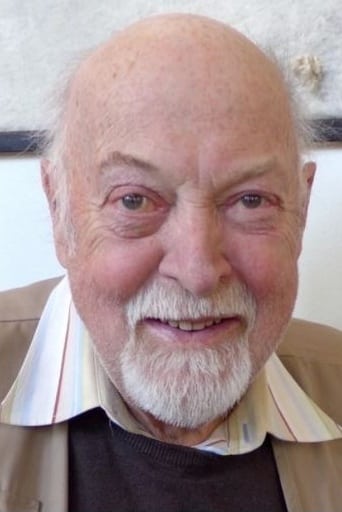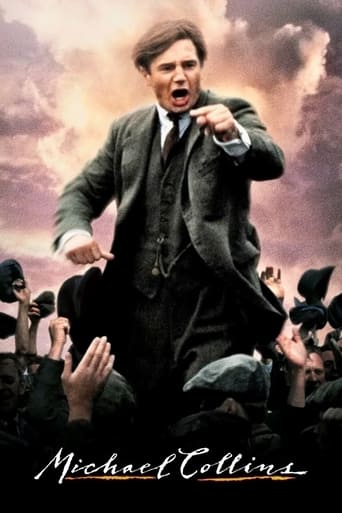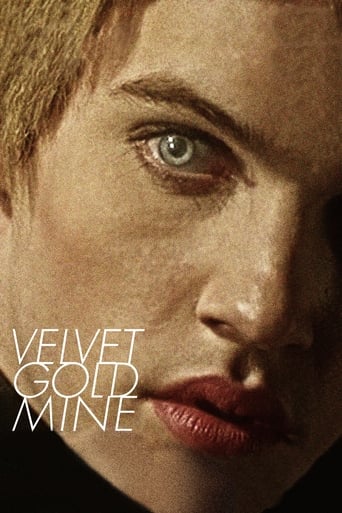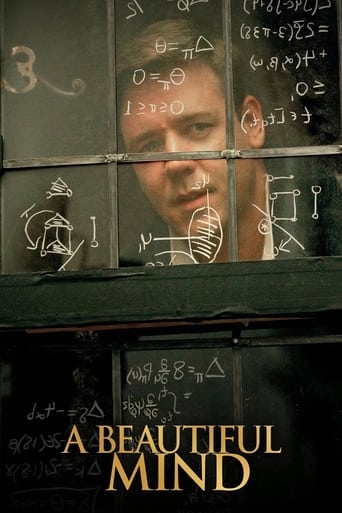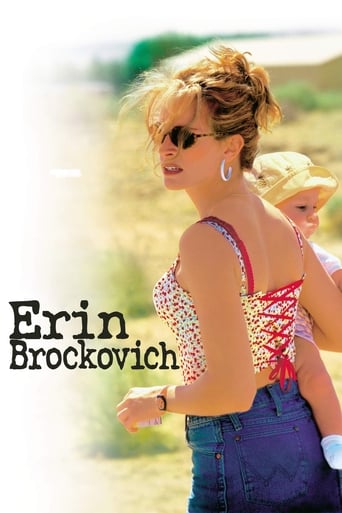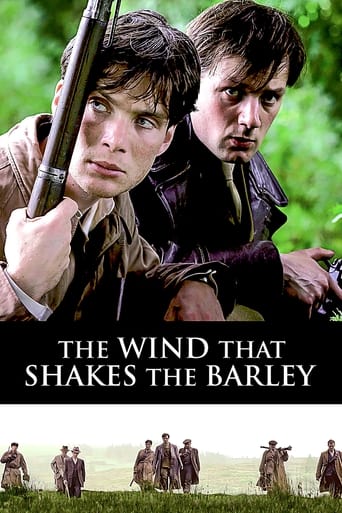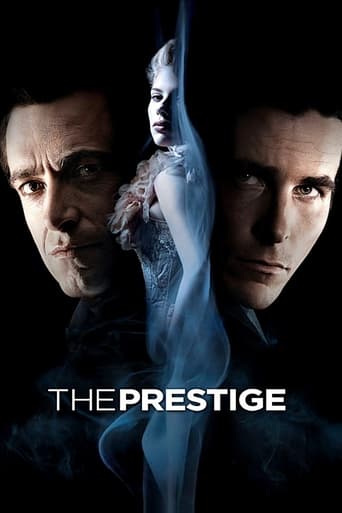Vincent & Theo (1990)
The tragic story of Vincent van Gogh broadened by focusing as well on his brother Theodore, who helped support Vincent. Based on the letters written between the two.
Watch Trailer
Free Trial Channels
Cast


Similar titles
Reviews
Truly Dreadful Film
A lot of fun.
A terrific literary drama and character piece that shows how the process of creating art can be seen differently by those doing it and those looking at it from the outside.
After playing with our expectations, this turns out to be a very different sort of film.
"Vincent and Theo" invents one sordid and revolting scene after another and succeeds only in cheapening the legacy of both Vincent and his brother Theo. Though distinctly argumentative and quirky, Vincent was exceedingly well read and well spoken, and had a deeply thoughtful and intellectual rationale for his passionate art, while Theo was an intelligent and personable individual who was successful and highly regarded. Both brothers are ruthlessly sullied and presented as pathetic individuals without any positive attributes in this horrid film. As another reviewer noted, the art works presented in this film are amateur cartoons of the originals, which is certainly not an insignificant detail in a film about a great artist. To understand Vincent and his brother Theo as complex and remarkable individuals, read "Van Gogh: The Life" by Steven Naifeh and Gregory White Smith, a brilliantly researched and eloquently written biography, which is like living with Vincent through nearly every day of his entire life, enabled through the many letters preserved, not just between the brothers but among Vincent's entire family and other artists as well. The 1956 film, "Lust for Life", while admittedly quaint, offers a much more accurate biographical sketch in representing the significant life events of Vincent Van Gogh, and more accurately reveals the complexity of the characters. Further, "Lust for Life", uses actual reproductions of all of the original artwork presented, adding up to a very enjoyable and insightful film. "Vincent and Theo" is a ghastly, cheap horror flick that panders with its base vulgarity and is successful only in defiling the complex and fascinating story of Vincent and his beloved brother Theo.
Vincent & Theo, a 1990 film by director Robert Altman, may be the worst film ever made by a major director who has made a great film. Watching this two hour and twenty minute abomination left me, and my wife, stunned by its wretchedness. From the nonexistent narrative, to the indulgence of every artistic cliché imaginable by screenwriter Julian Mitchell, to possibly the worst soundtrack, by Gabriel Yared, ever used in a film (even worse than the estimably bad Robot Monster!), it's a wonder Altman ever crawled his way out from under the odium of this horrorshow, the nadir of his career- even more so than Popeye a decade before. Yet, his very next film, The Player, somehow relaunched his career. If I can indulge a cliché, maybe it really can be darkest before the dawn! I have still yet to see a successful film made on the life of a real artist, where all the clichés were not utilized. Perhaps the closest to that ideal was Amadeus, save for the fact that its protagonist was not Mozart, but Salieri, and the story was the latter's envy of the former's talent, and the truth was that that whole film was an almost total fiction.This film, however, does not even address the artistic impulse, and the paintings, which is the ONLY reason anyone gives a damn about Vincent Van Gogh, his suffering, or even his brother. Altman states, in the featurette, that what interested him were Vincent's letters to Theo, yet we NEVER get a hint of what they say, only one ridiculously melodramatic scene where a raving Theo bitches at his wife's opening up of the letters.Altman's always been at his best in ensemble pieces, like Nashville, M*A*S*H, The Player, and Gosford Park. He seems utterly adrift in this intense de facto two person stage play where both actors wildly overact, as if they were in a Roger Corman 1960s comic-horror version of Lust For Life, save with British accents, not Dutch.Vincent & Theo is a horrible film, in its own stolid way as bad as Steven Spielberg's Saving Private Ryan or Schindler's List, but it seems even worse because Spielberg's never come within a light year of a film as complex as Nashville. There is no progression nor insight into Vincent Van Gogh in this film, nor even his brother. When the brothers die we do not care, nor do we have an iota of insight into Altman's ideas on life and art. Vincent's graffiti that 'I AM THE HOLY SPIRIT. I AM WHOLE IN SPIRIT.' are not only dull and trite, but not given a shred of evidence one way nor the other by Altman. I could go on and on, and list a few dozen other reasons why this is easily Altman's worst film, and a terrible film, period, but hopefully I've earned enough trust with my readership that I can tell them to simply skip this one and watch Lust For Life instead. It's a better film, and more intellectually honest, to boot. OK, exhale!
I have one favorite scene in the film VINCENT AND THEO, the late Robert Altman's highly acclaimed masterwork on the life of Dutch painter Vincent Van Gogh. It is a short brutal scene in the first half of the movie when Van Gogh's model and mistress is leaving him: she slaps him witless, and then kisses him hard on the mouth before storming out of the apartment. That double action of pained frustration and loving adoration seems a sad but accurate metaphor for the entire film and possibly for Van Gogh himself. Whereas life bestowed upon him a bliss-filled kiss of exceptional artistic and spiritual vision, the hand of fate slapped him so hard that he was robbed of any lasting personal joy that might have come from this great gift. Van Gogh (in the film played brilliantly by Tim Roth) is one of those creative geniuses of history whose life story continues to haunt and inform us from one century to the next. The question is "Why?" Could it be because the beauty and evidence of that genius continues to increase with time and therefore makes us wonder about the cultural values and "personalities" we tend to either champion or malign in modern days? That it definitely does increase can be measured in one sense by the millions of dollars for which this eighteenth century impressionist artist's paintings now sell. The whole point of Altman's film seems to be to illustrate how Vincent's genius found refuge for a while in his brother Theo's love. It is well known that even though Theo (who is played with mesmerizing neurotic precision by Paul Rhys) was a relatively successful art dealer, he was unable to manipulate the market to his brother's advantage. That did not, however, stop him from financially supporting him throughout his short adult life as a painter. Altman makes that point clear enough when Theo informs his brother that the money Vincent thought their father had been sending him had in fact been provided by Theo. Rather than belaboring this aspect of their relationship, director Altman moves his camera back and forth between scenes that show us how very much alike, and yet simultaneously different, Vincent and Theo were in their thwarted pursuits of a triumphant life. As Theo eagerly courted "respectable ladies," Vincent just as eagerly enjoyed women of a certain profession. Whereas Vincent yearned to prove himself an artist worthy of the name, Theo yearned to prove himself a businessman worthy of prominence and prosperity. Vincent's descent into madness manifests more tangibly because it takes on the more graphically visual qualities associated with art itself: we see him court and then violently alienate the attentions of his equally genius friend Paul Gauguin; watch him stick knives menacingly in his mouth, cut off his earlobe, meekly endure his stay in an asylum, stand in a sunlit field where he has been painting black birds and calmly shoot himself. All the while, some of the most celebrated canvases in art history, depicting a virtual of ecstasy of sunflowers, starry nights, and golden wheat fields, rapidly pile up. Theo is actually able to resist the powerful tug of debilitating madness until after his brother succumbs to it. That he does fall prey to it is tragically ironic because despite the syphilis that mars his happiness, he achieves some measure of the "ideal life" with a wife, new baby, and modest advancement in his career. He therefore appears to have all the motivation necessary to sustain a stable existence. But when he places all of Vincent's work (after the artist's death) in a suite of rooms for an exhibit, he screams at his wife that "This is the most important thing in my life!" and forces her to leave. It would seem at that point that he not only loved Vincent and believed deeply in his talent, but was in fact a kind of extension of him, and vice versa. The loss of Vincent on July 29, 1890, at the age of only 37, triggered in Theo a mental and physical collapse. He died less than a year later on January 25, 1891, at the age of 33.This 1990 movie (released on DVD in 2005) is 138 minutes long so no one can claim it's too short. I only wish Altman had included somewhere in it the story of howafter studying for the ministry and before he became a painterVincent spent forty days nursing back to health a miner who had been injured in an explosion and whom doctors had expected to die. The miner's recovery was described as a miracle and, from the scars left on his face, Van Gogh experienced a vision of the wounds that Christ suffered from the crown of thorns placed on his head. Some allusion to this may have added greater understanding to the intense spiritual impulses that drove Van Gogh's devotion to his art and helped clarify what he hoped to communicate through it. Even so, the film as it stands is itself a remarkable painting of two extraordinary brothers who shared one profound and astonishing destiny. by Author-Poet Aberjhaniauthor of ELEMENTAL, The Power of Illuminated Loveand Encyclopedia of the Harlem Renaissance
I knew something of Vincent van Gogh, and Theo for that matter, from reading Irving Stone's book about them (Titled "Lust for Life", I think). They were both copious letter writers, which is where most of the knowledge of them today comes from. I can't say enough about Tim Roth's performance in this film. As someone earlier remarked, Roth passed up the chance to ham it up, as many actors would do to portray van Gogh's madness. It's a much more realistic quiet desperation. I had barely heard of Roth, and didn't recognize him in "Pulp Fiction". Coincidentally, I had just seen him in "Little Odessa", another well done, but somewhat low-key performance. That one is worth checking out, too. The other actors, the direction, the photography were all first rate. The only reason I didn't give it a higher score is that the subject matter is sometimes unpleasant to watch. But if you are interested enough to read this comment, then you should see the film.

